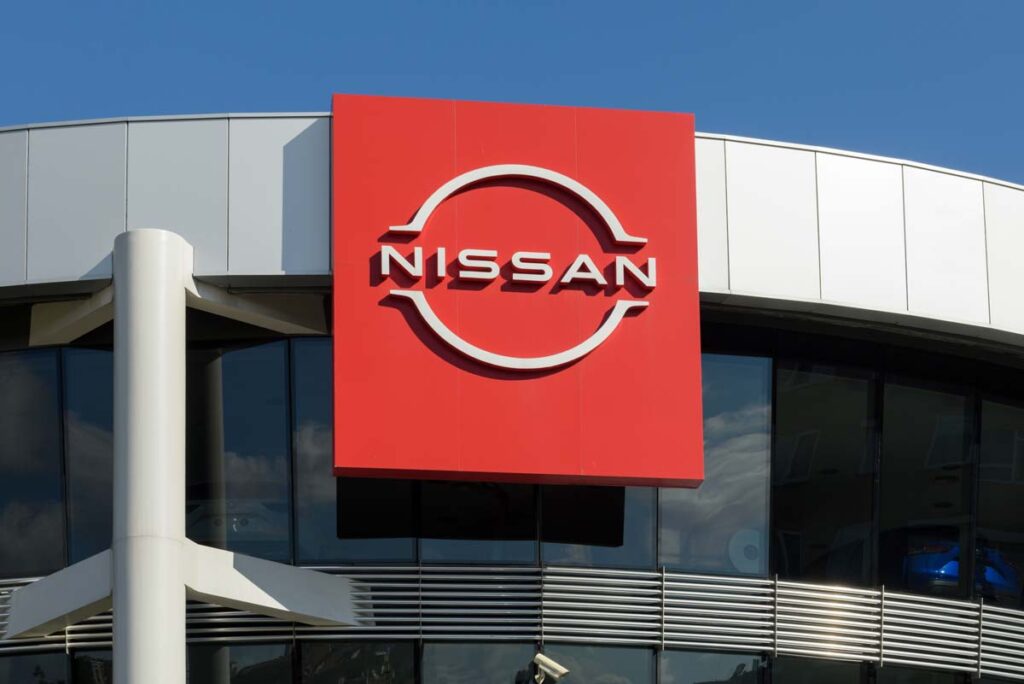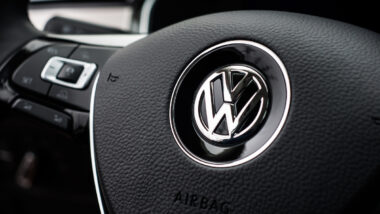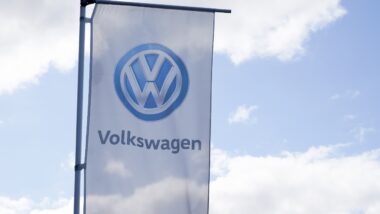Top Class Actions’s website and social media posts use affiliate links. If you make a purchase using such links, we may receive a commission, but it will not result in any additional charges to you. Please review our Affiliate Link Disclosure for more information.

Nissan electric vehicles overview:
- Who: Nissan Motor Co. has announced that it plans to only be selling electric vehicles in Europe by 2030, and that all of its newer European vehicle models will be electric.
- Why: The decision is in line with that of other automakers who have stated an intention to be fully electric by 2030, including Renault, Ford, Stellantis, and Volvo.
- Where: Europe.
Nissan Motor Co. has announced that all of its newer European models of vehicles will be fully electric, and that it plans to only be selling electric vehicles (EVs) in Europe by the year 2030.
The move is in line with a previous decision by the automaker to raise its targets for EV models, announcing earlier this year that it would be launching 19 new electric vehicle models by 2030, reports Reuters.
Nissan CEO Makoto Uchida has reportedly declined to offer a timeline for when the first of those EV models would be unveiled, however, the top executive said in a statement that “there is no turning back now,” when it comes to EVs.
The automaker has previously said that 98% of its sales in Europe would either be fully electric or hybrid by its fiscal year ending March 31, 2027, reports Reuters.
Nissan’s plan to be fully electric in Europe by 2030 mirrors other car manufacturers
Nissan’s plan to be fully electric by 2030 reportedly puts it in line with the automaker Renault — an alliance partner of Nissan’s — which has also said it plans to have gone fully electric by that same time.
Automakers Ford and Stellantis also have stated their intention to be fully electric in Europe by the end of the decade, while Volvo has said it plans to be selling only EVs on a global scale by 2030, reports Reuters.
Uchida, while speaking with reporters in London, reportedly cited competition and development from Chinese automakers as an incentive for the company to decrease its own costs and invest more in going electric.
“There’s a lot of competition happening … the Chinese (carmakers) are coming massively,” Uchida said, as reported by Reuters. “The Chinese have moved much, much faster than we expected.”
A class action lawsuit was filed against Nissan and Renault in 2020 over claims the automakers may have cheated emissions testing by allegedly equipping some of their vehicles with illegal emissions “defeat devices.”
Do you believe it is a good idea for Nissan to be fully electric in Europe by 2030? Let us know in the comments!
Don’t Miss Out!
Check out our list of Class Action Lawsuits and Class Action Settlements you may qualify to join!
Read About More Class Action Lawsuits & Class Action Settlements:














